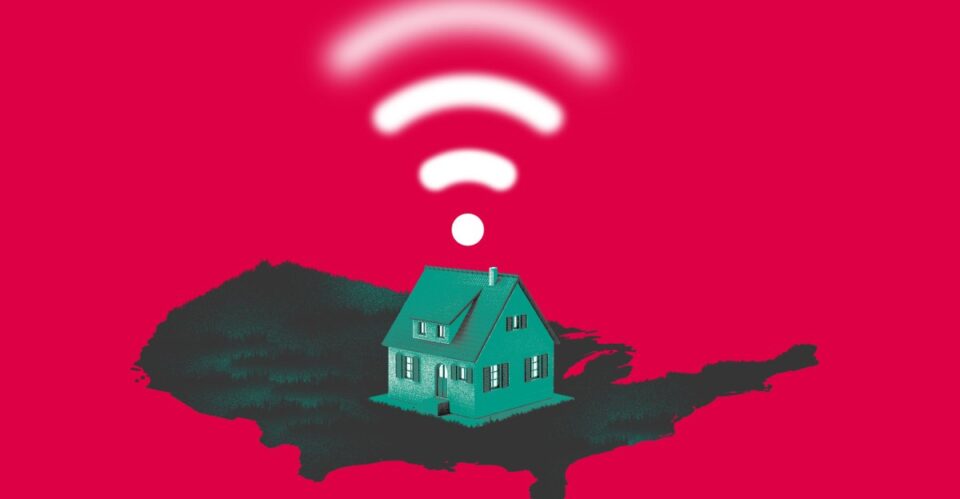![]()
Emma Roth is a news writer who covers the streaming wars, consumer tech, crypto, social media, and much more. Previously, she was a writer and editor at MUO.
Fiber internet providers are worried they won’t see the funds promised under a Biden-era initiative that would bring reliable internet service to rural areas. Louisiana fiber internet provider Cajun Broadband was granted $33 million as part of the plan, but the “money isn’t flowing” and concerns are growing over whether the new administration will prioritize satellite internet services, like Elon Musk’s Starlink, according to a report from The Washington Post.
The Biden administration’s Broadband Equity, Access, and Deployment (BEAD) program dedicated $42.45 billion to bolstering internet service in underserved areas, mostly through fiber broadband. However, BEAD director Evan Feinman left the Commerce Department last month. Trump-appointed Commerce Department Secretary Howard Lutnick plans to overhaul the program, citing “woke mandates, favoritism towards certain technologies.”
Many companies relying on funds from BEAD have already invested a significant amount of money in fiber expansion, while several states have also begun putting plans into motion. Two dozen states have already closed their project application window, while Louisiana, Delaware, and Nevada “are only waiting for a sign-off from the National Institute of Standards and Technology to start allocating money to projects,” Broadband Breakfast reports. A shift away from fiber could “force all the states to rerun processes,” which would mean “millions of private capital is in the garbage,” Feinman told The Post.
Not only that, but a potential shift toward satellite means people won’t benefit from the speed and reliability associated with fiber. While it may be faster and cheaper for states to connect people via satellite, it could end up costing residents more money over time. A state official showed Bloomberg data suggesting that satellite service costs customers 53 percent more over the span of 30 years, while maintenance fees are more than double than that of fiber.
Last year, Musk called BEAD an “outrageous waste of taxpayer money.” Starlink hasn’t received any funding under the program, but that could change as the National Telecommunications and Information Administration shifts its plans.
